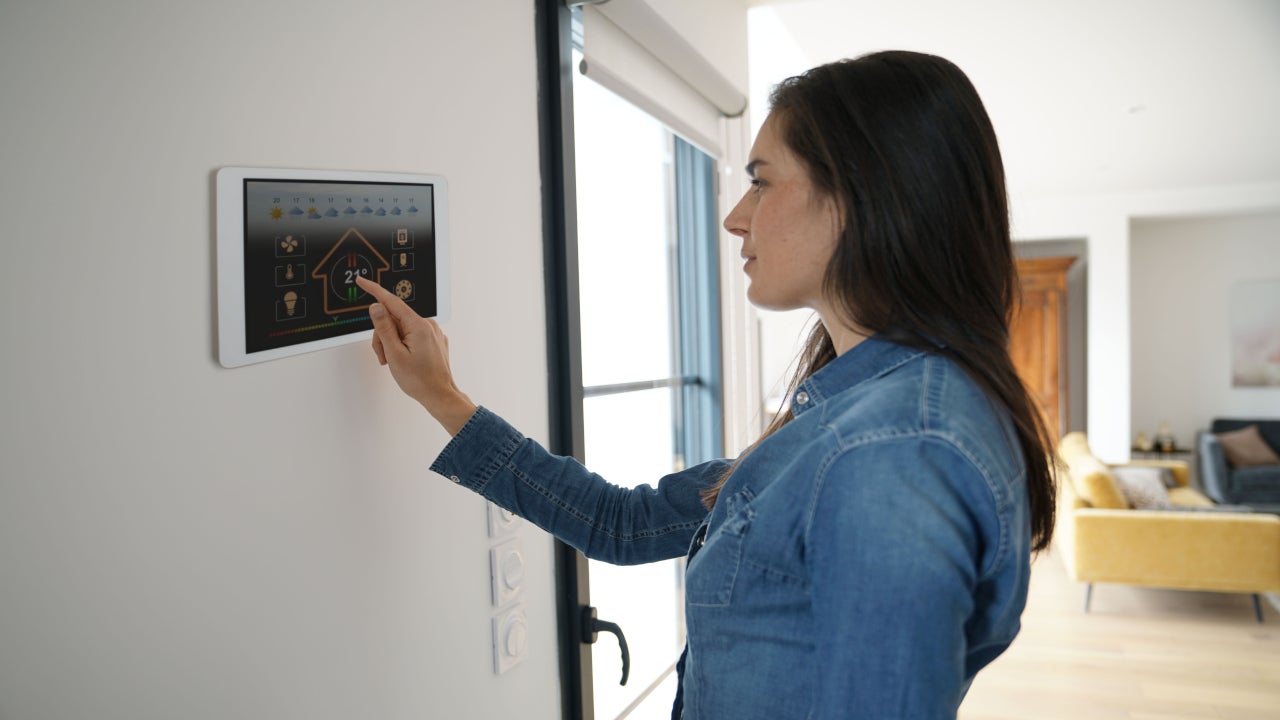Nevertheless, sensitivities arise regarding data protection laws. This legislation has increased in veracity and complexity, especially in regions such as the European Union (EU). Whilst this ensures that consumers are protected, this does limit the insight which can be collected from this data collection, a potential hindrance to revenue streams
Regulatory Trends
Listed below are the key regulatory trends impacting the automated home theme, as identified by GlobalData.
Data privacy
As data collection and monitoring via the Internet of Things (IoT) is crucial to the overall function of automated home systems, data privacy is also a key consideration both for users and producers. In the advent of higher awareness of data protection acts, services which collect consumer information must be transparent and clear regarding their usage and storage of said data. Users must also be increasingly aware of how their data is being used commercially – and that the more smart devices they use, the more data is being collected.
Legal
The automated home industry is increasingly being influenced by legal regulations, which seek to protect customer data and security. One such legislation revolves around General Data Protection Regulation (GDPR) across the EU, giving individuals control over their personal data and preventing businesses from mining data freely without appropriate consent. This will impact the ability of automated home system manufacturers to sell consumer data to other parties, potentially stifling a significant avenue of revenue for the industry.
Nevertheless, such data laws currently only exist in such strength across Europe, with other regions such as the US having much more relaxed data laws. Further legislation enacted in many markets regards the security of such devices. The UK government drafted a new law in 2019 ensuring that all automated home devices and systems adhere to a raft of vital security arrangements, including not being able to be reset to any universal factory setting, for all manufacturers to provide a public point of contact to consumers so vulnerabilities can be reported and for manufacturers to provide a minimum length of time for when a device would receive security updates.
Nevertheless, this increasing level of legislation is unlikely to impact the overall performance of the industry, and perhaps may even increase adoption for consumers who are worried about potential data and security flaws.
This is an edited extract from the Automated Home in Consumer – Thematic Research report produced by GlobalData Thematic Research.





